Open SUNY Online Teaching Ambassador 2018 – Sullivan: Erroyl Rolle
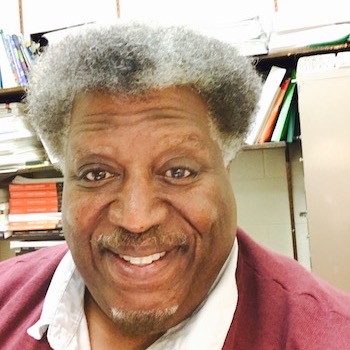
Erroyl D. Rolle is a Professor in the Division of Social Sciences, Sustainability and Entrepreneurship at SUNY Sullivan. He has worked for over 35 years in Academia and began his online teaching experiences with the SUNY Learning Network in 2001. He has previously taught as Adjunct Humanities Faculty for Marist College, Adjunct Music Faculty for Mercy College, Adjunct Computer Faculty for Bard College, Adjunct Business Communications Faculty for SUNY Cobleskill, Adjunct Business Faculty for the Culinary Institute of America and Adjunct Business Faculty for SUNY Dutchess.
I feel fortunate to have experienced some of the early phases of the SUNY Learning Network. I can recall learning to navigate in Lotus 123 as well the transition to Angel. Yes, there were challenges, but I feel it was a very stimulating period of time learning to explore the possibilities of online learning.
After developing of 10 Business courses and 2 Humanities: Music courses for online delivery, I continue to feel that e-learning possibilities are certainly bright for the future. I have taught online using various different LMS platforms: ANGEL, BlackBoard, Moodle, Brightspace, and Canvas. On a basic level all of these platforms are capable delivery tools for instruction, however, the true strength of the online experience still begins with the vision and learning strategies of the instructor who will guide the learning experience.
I have found that students appreciate the “feeling” of being connected with their instructor. Although this may appear to be a difficult task online, it is achievable by providing frequent feedback coupled with the right language. Very often, using words that encourage personal interaction from students can inspire some amazing results.
Engagement is a challenge for many instructors whether in a face-to-face setting or an online environment. In my online classes, I have often used problem-solving activities such as “Case Based Scenarios”. I have found that whether the student works individually or in a team setting, steering students through the problem solving process on a regular basis helps to enhance the learning experience. Often the process of problem solving pushes students to explore the possibilities of practical outcomes as well as the possibilities of creative outcomes.
2018 Ambassadors

Antoinette Howard
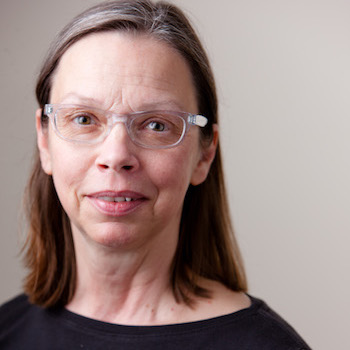
Beth Tauke
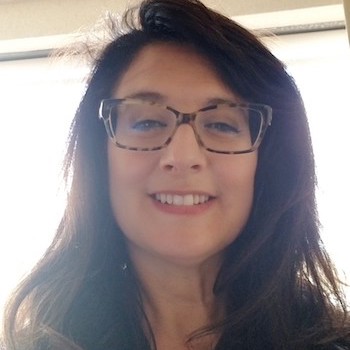
Beth Wilson

Betty Hurley

Dale Yerpe

Deborah Silverman

Donna Simiele

Elizabeth Edelson

Erroyl Rolle
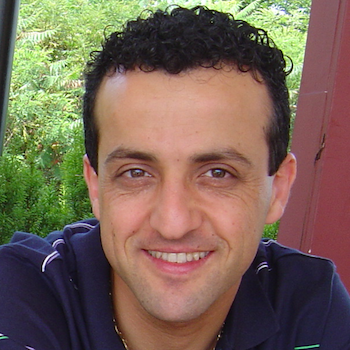
Fadi Bou-Abdallah

Gabrielle Russo

George Hurlburt

Heather LaPoint
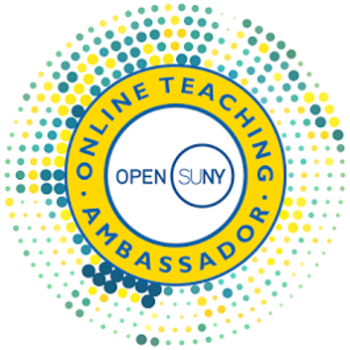
Irene Hughes

Jason Lee

Jason Lewis

Jason Vickers

Jeff Hung

Jeff Ritter

Jessica Kelly
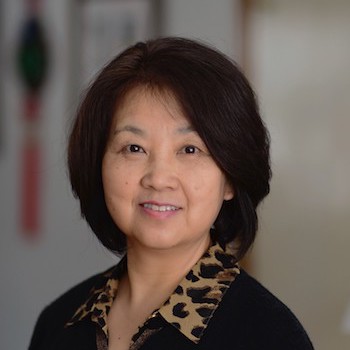
Jiang Tan
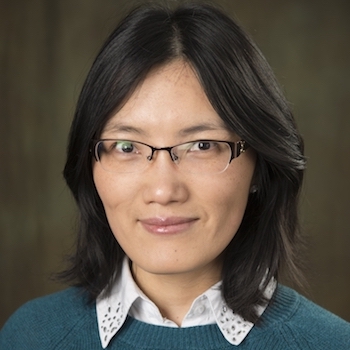
Jie Zhang
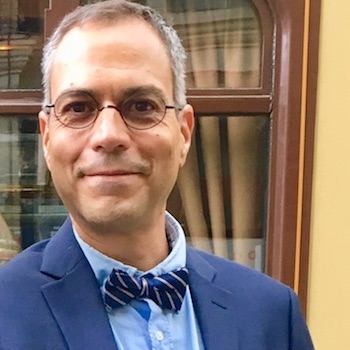
Joseph Pilaro

Karen Lillie
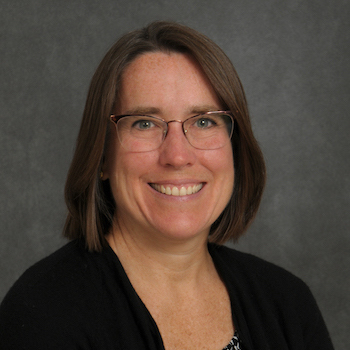
Katherine Mitra

Kathleen Valentine
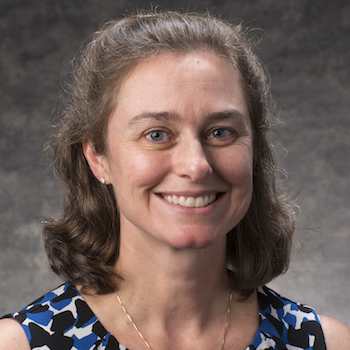
Kerry Evans

Laura Jean Bopp
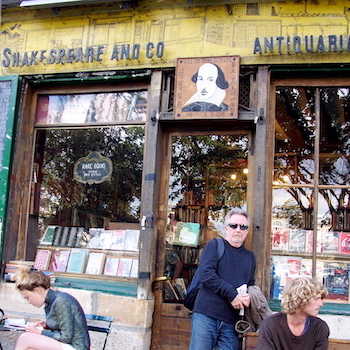
Lawrence Brittain

Lee Ann Thomas
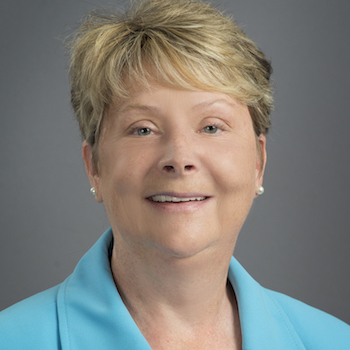
Linda Finn
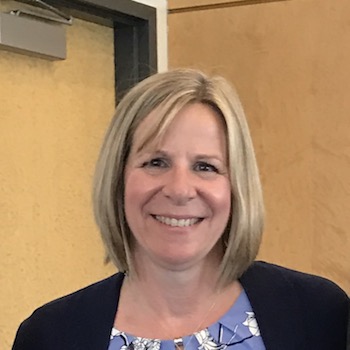
Marilyn Curry

Mark Petersen
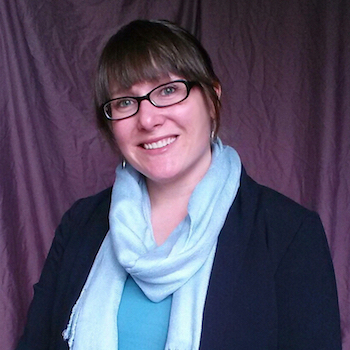
Maya Greene

Nancy Sheridan

Nancy Tarr

Nicholas Ippoliti

Priya Banerjee

Rita Ward-Slater

Robert Morris

Ryan Rish

Sean Maley

Steven Mezik
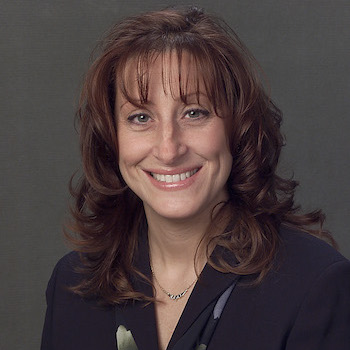
Susan Bender

Teresa Burke
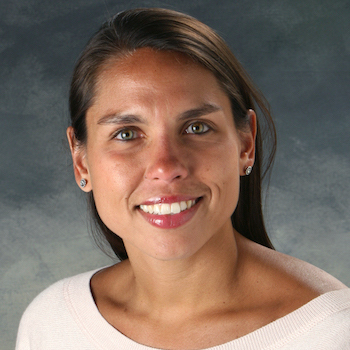
Tina Wagle

Todd Blumenthal

Catherine Roche

Thomas Butler
